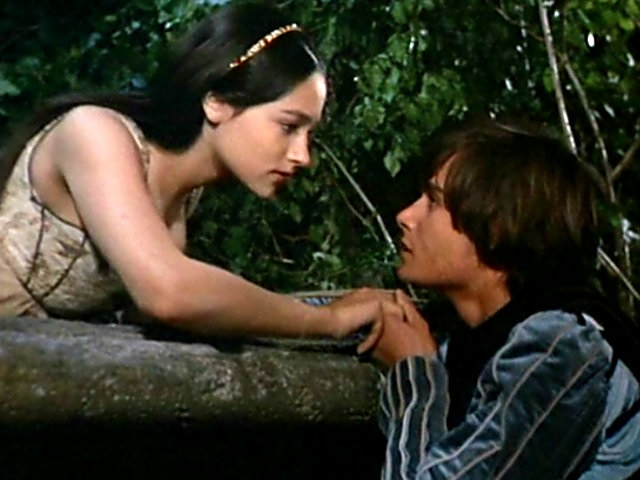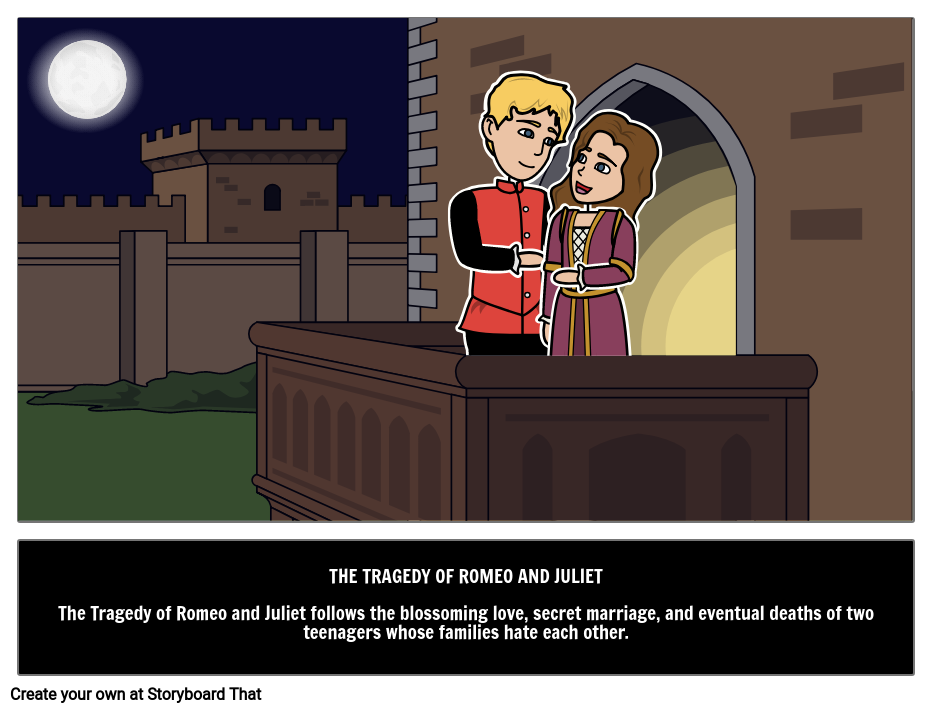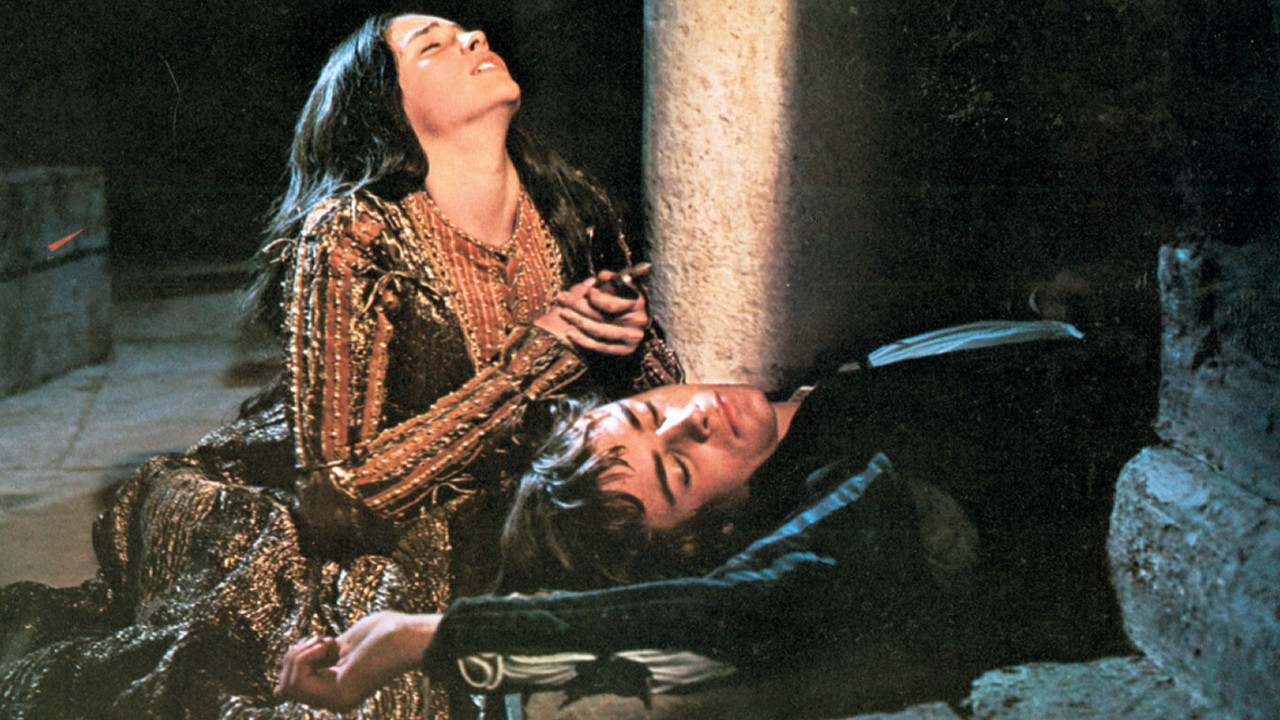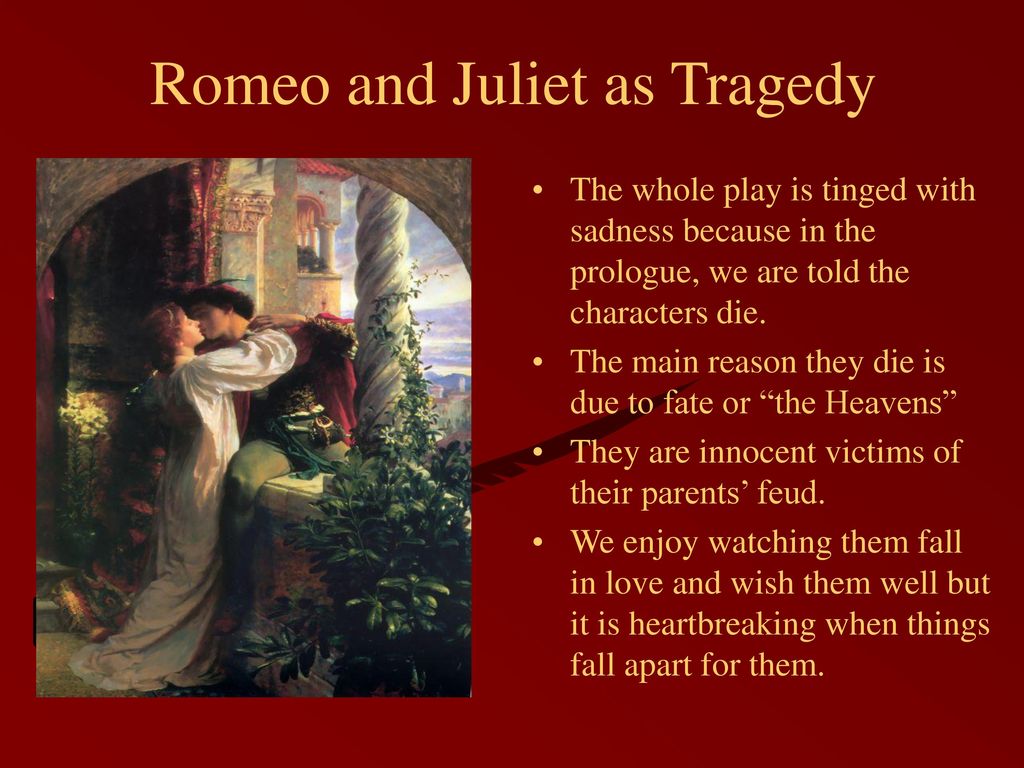The tragedy of Romeo and Juliet, written by William Shakespeare in the 16th century, is a beloved and timeless tale of two young lovers who are unable to be together due to their feuding families, the Montagues and the Capulets. The story is set in the Italian city of Verona, and follows the lives of Romeo Montague and Juliet Capulet as they fall in love and struggle to overcome the obstacles that stand in their way.
The play begins with a street fight between the servants of the Capulet and Montague families. The Prince of Verona, Escalus, intervenes and declares that if the families continue to engage in such violence, the punishment will be death. Despite this warning, the feud between the two families continues to escalate.
Romeo, a young Montague, is infatuated with a girl named Rosaline, who does not return his affections. He attends a Capulet party, where he meets and falls in love with Juliet, the daughter of Lord and Lady Capulet. Juliet, who is already engaged to County Paris, is also instantly smitten with Romeo. They declare their love for each other and, with the help of Juliet's nurse and Romeo's friend Friar Laurence, they secretly marry.
However, their happiness is short-lived. Romeo is banished from Verona after killing Tybalt, Juliet's cousin, in a fit of anger after Tybalt slays Romeo's friend Mercutio. Juliet is devastated and turns to Friar Laurence for help. He gives her a potion that will put her in a death-like sleep, allowing her to avoid marrying Paris and buying time for Romeo to return.
Tragically, the plan goes awry. The messenger who was meant to inform Romeo of the plan does not reach him, and Romeo, believing Juliet to be dead, returns to Verona and purchases poison. He goes to the Capulet tomb, where Juliet lies in her death-like sleep, and drinks the poison, dying by her side. Juliet awakens to find Romeo dead beside her and, in her grief, takes his dagger and kills herself.
The tragedy of Romeo and Juliet is a heart-wrenching tale of love, loss, and the destructive power of feuds. The two young lovers were unable to overcome the barriers that separated them, and their love ultimately led to their untimely deaths. The play serves as a cautionary tale about the dangers of letting hatred and pride consume us, and the importance of finding ways to overcome differences and reconcile with those we may be at odds with. It is a timeless story that continues to speak to audiences today, and its themes of love, loss, and reconciliation will continue to resonate for generations to come.









